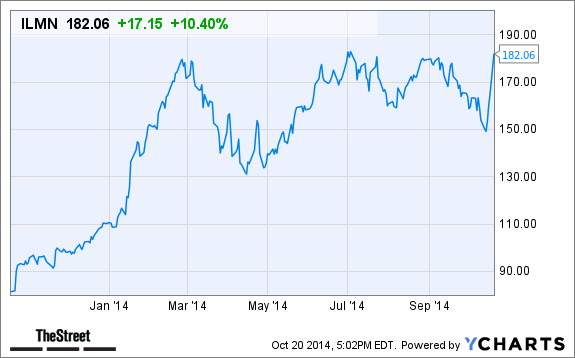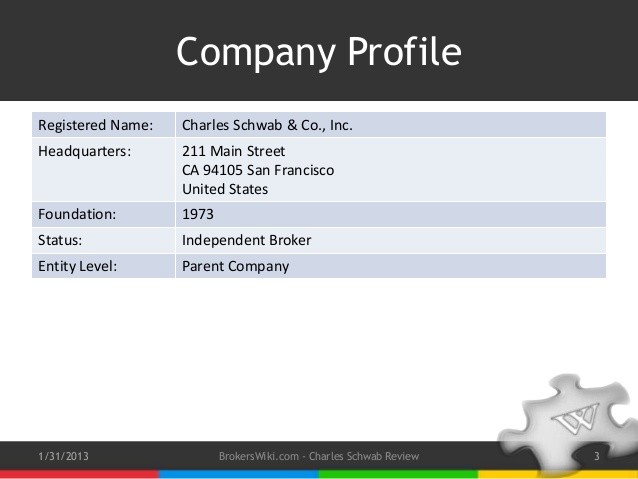After Hours Trading What is Pre and Post Market Trading and Should You Care
Post on: 8 Апрель, 2015 No Comment

After Hours Trading — What is Pre and Post Market Trading and Should You Care?
There are many different markets to trade: Equities, Bonds, FX, Futures. and each one has it’s own peculiarity. Today we’ll talk about one of these peculiarities in Equities trading: the pre-market session and the after hours session. It’s true: you can actually trade before the bell, and you can trade after the close but is it really worth it?
1. After Hours Trading in a nutshell
Trading before the bell or after the close is very different than trading during the normal market hours. We will talk about after hours trading in reference to the NY trading session because it is arguably the most important stock trading session in the world, even if it’s not the only market that offers after hours trading (in fact, the Italian Stock exchange was the first European market to offer After Hours trading in May of 2000).
To understand the main differences between the regular session and the after hours sessions, just think of the participants that are active during those sessions. During the normal market hours, there are literally thousands of retail trades, institutionals, funds, specialists. the works! Contrast that to the pre and post market hours: these times were previously not accessible to the general public and were an institutional playground something like the interbank fx market up until the 1990s. How much of an edge do you think you have, compared to those players? Trading volume is low, market makers seldom submit firm quotes, and trading costs are much higher than during the trading day (the spreads are a lot wider). Retail customers are actively discouraged from trading after hours, because of the high risk levels and by the special instructions required for after-hours order execution.
Professionals or quasi-professionals populate these low liquidity hours and that alone should be a warning sign to anybody that believes it is full of inefficiencies and/or opportunities.
Bottom Line: trading and after hours shouldn’t go in the same sentence together! There are many other activities you can spend your time and money on, rather than trading before the market opens or trading after it’s closed.
2. Then why is after hours trading so popular?
Many companies report earnings either before the market opens or after the market closes, in order to dampen the effect on the share price. The rationale is that (especially for announcements made after the close) traders will read/hear the news, sleep on it and come back the next day with a more balanced view on things. So professional traders try to capitalize on certain news announcements during the pre and post market hours.
Economic indicators are also a powerful driver of price action in the pre-market trading session. Many important economic releases are issued at 8:30 AM EST, an hour before the cash market opens. The reaction to the data can cause substantial price moves and sometimes set the trading tone for the day. The U.S. Employment Report, issued by the Bureau of Labor Statistics on the first Friday of every month at 8:30 AM EST, is the release with the highest impact on the market.
Other major US market-moving reports released at 8:30 AM EST include Gross Domestic Product (GDP), Retail Sales and Weekly Jobless Claims.
So while traders may be enticed to trade these sessions due to the potential volatility, they also have to weigh the potential downside of this strategy.
www.sec.gov/investor/pubs/after hours.htm ):
1) Inability to See or Act Upon Quotes. Some firms only allow investors to view quotes from the one trading system the firm uses for after-hours trading. Check with your broker to see whether your firm’s system will permit you to access other quotes on other ECNs. But remember that just because you can get quotes on another ECN does not necessary mean you will be able to trade based on those quotes. You need to ask your firm if it will route your order for execution to the other ECN. If you are limited to the quotes within one system, you may not be able to complete a trade, even with a willing investor, at a different trading system.
2) Lack of Liquidity. Liquidity refers to your ability to convert stock into cash. That ability depends on the existence of buyers and sellers and how easy it is to complete a trade. During regular trading hours, buyers and sellers of most stocks can trade readily with one another. During after-hours, there may be less trading volume for some stocks, making it more difficult to execute some of your trades. Some stocks may not trade at all during extended hours.

3) Larger Quote Spreads. Less trading activity could also mean wider spreads between the bid and ask prices. As a result, you may find it more difficult to get your order executed or to get as favorable a price as you could have during regular market hours.
4) Price Volatility. For stocks with limited trading activity, you may find greater price fluctuations than you would have seen during regular trading hours. News stories announced after-hours may have greater impacts on stock prices.
5) Uncertain Prices. The prices of some stocks traded during the after-hours session may not reflect the prices of those stocks during regular hours, either at the end of the regular trading session or upon the opening of regular trading the next business day.
6) Bias Toward Limit Orders. Many electronic trading systems currently accept only limit orders, where you must enter a price at which you would like your order executed. A limit order ensures you will not pay more than the price you entered or sell for less. If the market moves away from your price, your order will not be executed. Check with your broker to see whether orders not executed during the after-hours trading session will be cancelled or whether they will be automatically entered when regular trading hours begin. Similarly, find out if an order you placed during regular hours will carry over to after-hours trading.
7) Competition with Professional Traders. Many of the after-hours traders are professionals with large institutions, such as mutual funds, who may have access to more information than individual investors.
8) Computer Delays. As with online trading, you may encounter during after-hours delays or failures in getting your order executed, including orders to cancel or change your trades. For some after-hours trades, your order will be routed from your brokerage firm to an electronic trading system. If a computer problem exists at your firm, this may prevent or delay your order from reaching the system. If you encounter significant delays, you should call your broker to determine the extent of the problem and what you can to get your order executed.
3. Balancing Risk and Opportunity
Despite all the risks inherent in pre market trading and post market trading, many traders still strive to do so. They have seen their favorite stocks open up with a 1% to 5% gap and wanted to be in it (greed) or wanted to pull the plug on a trade that is now totally in the red (fear). So they start to talk themselves into trading outside of normal market hours.














